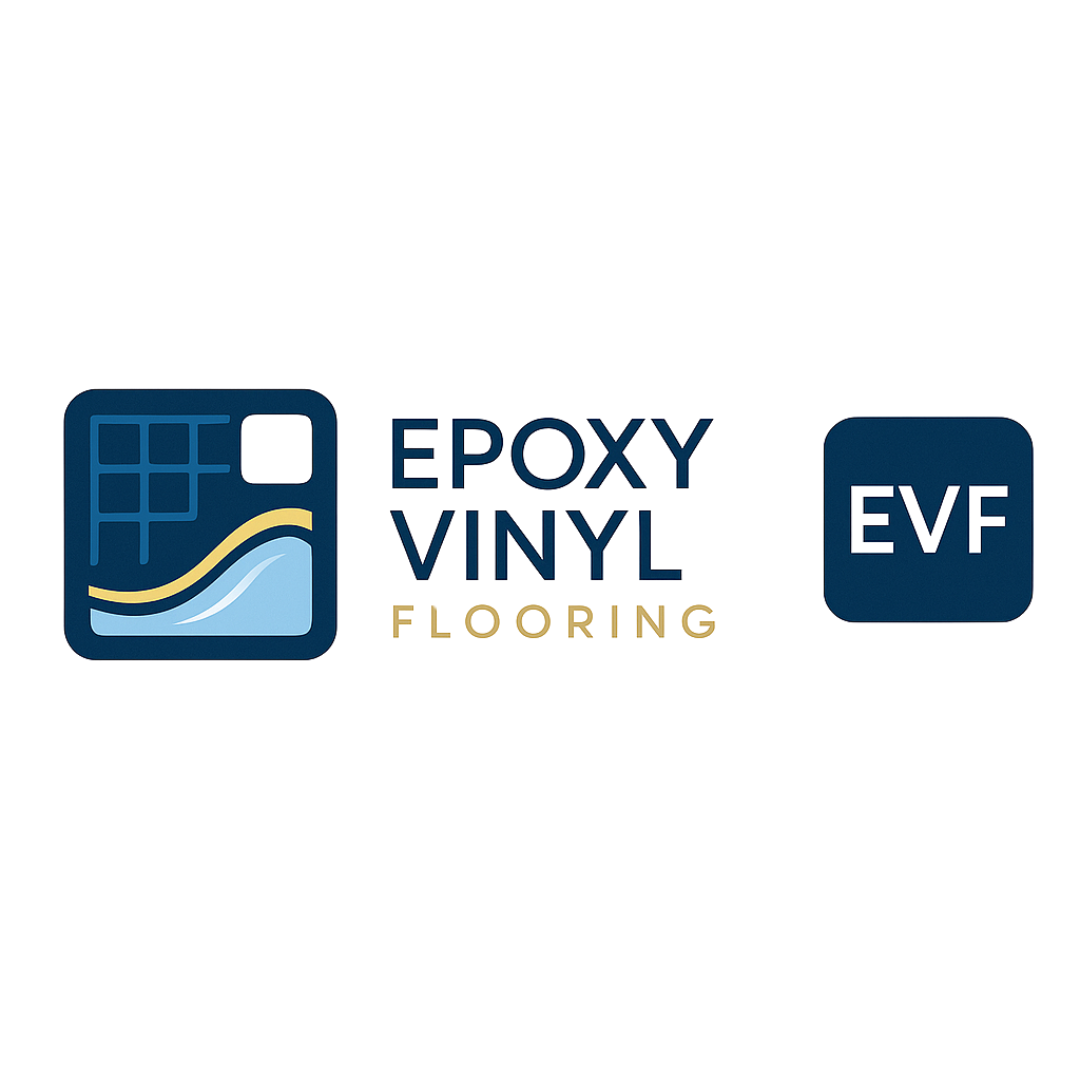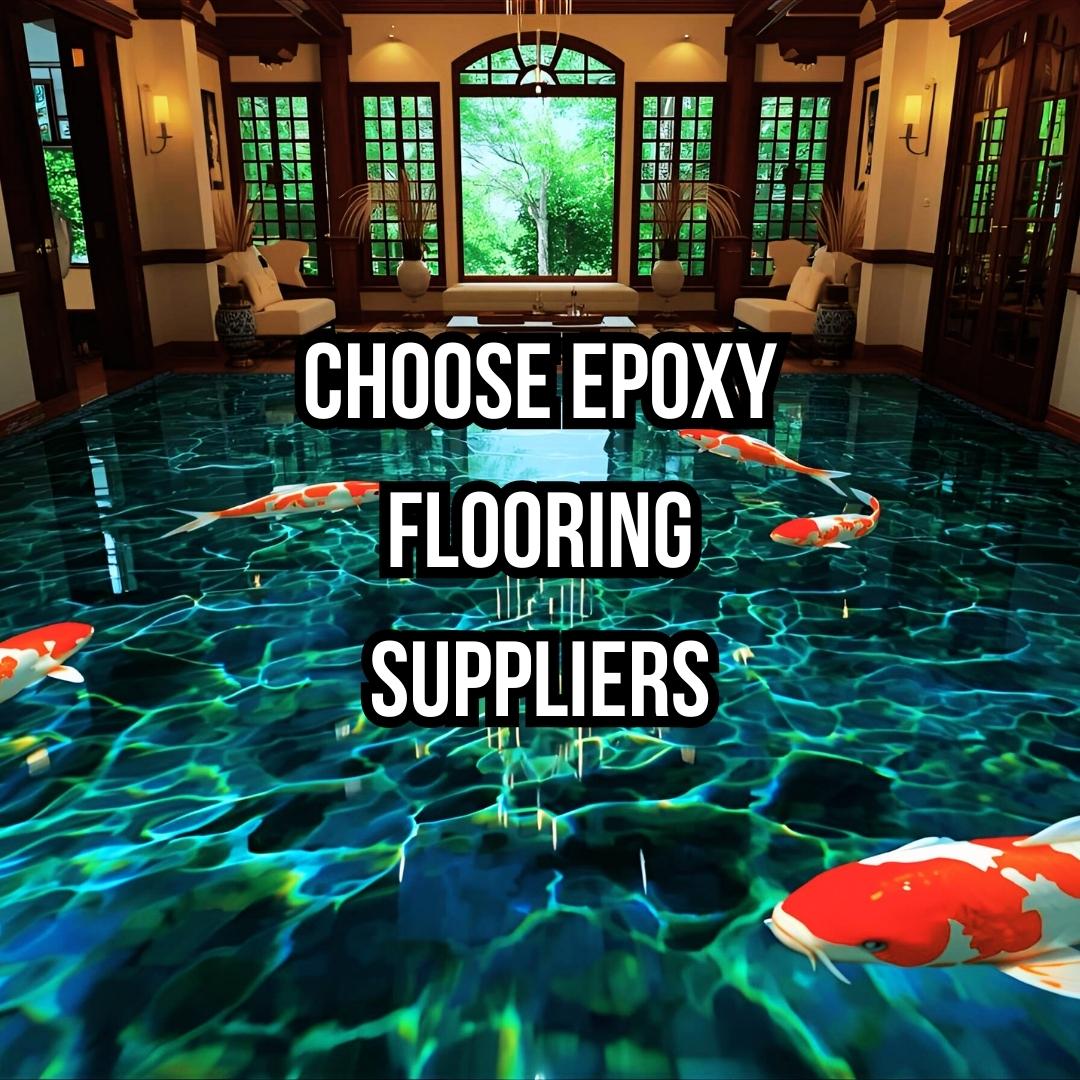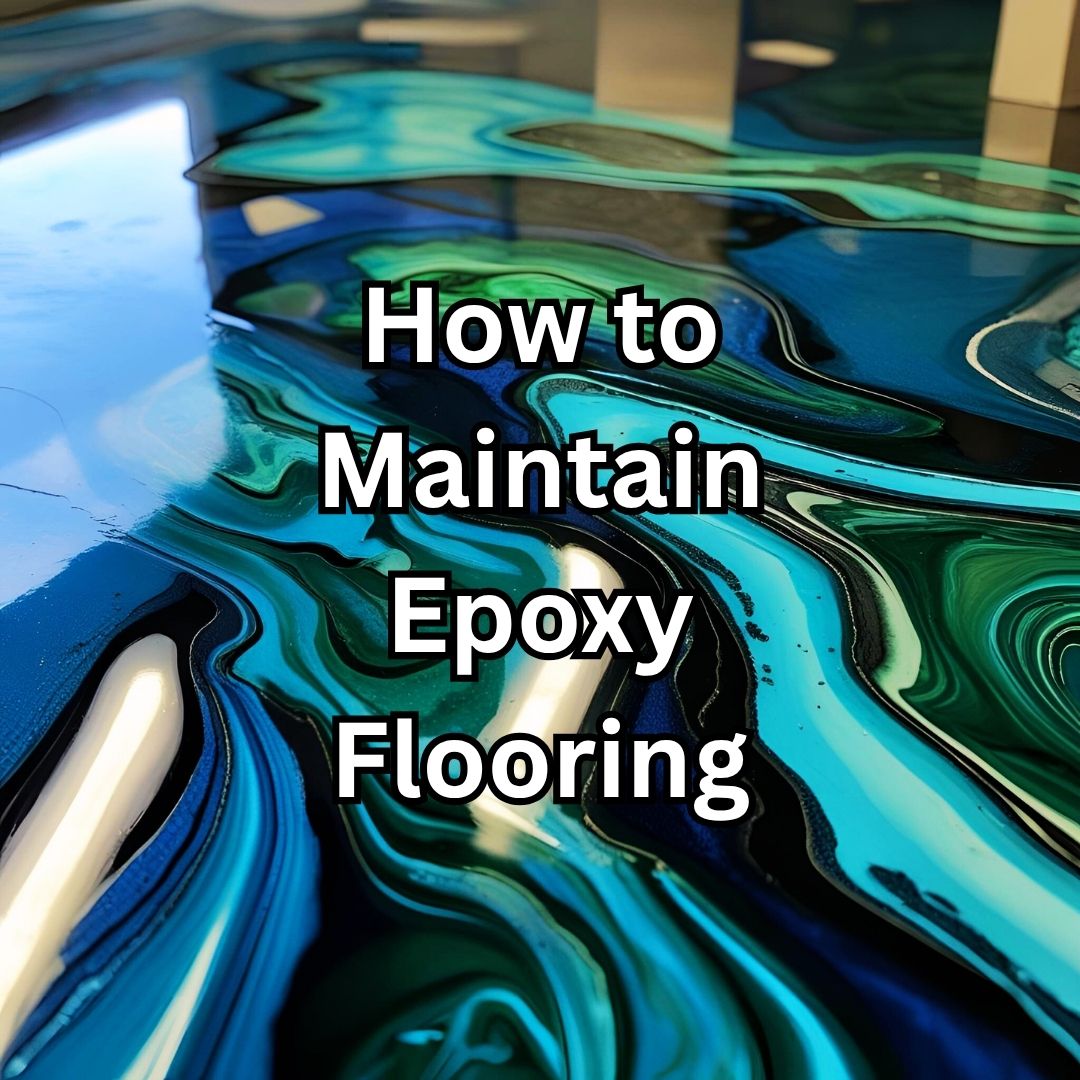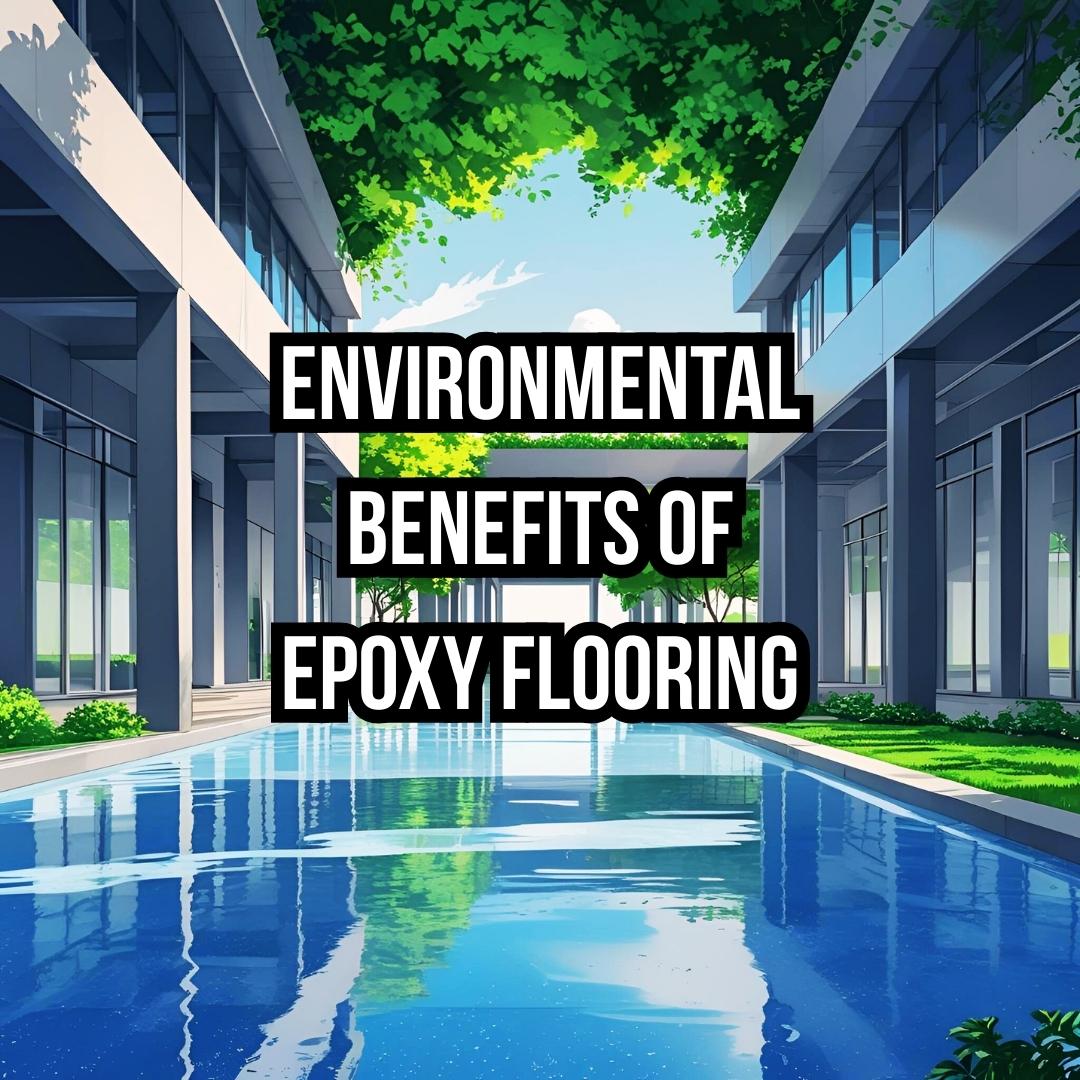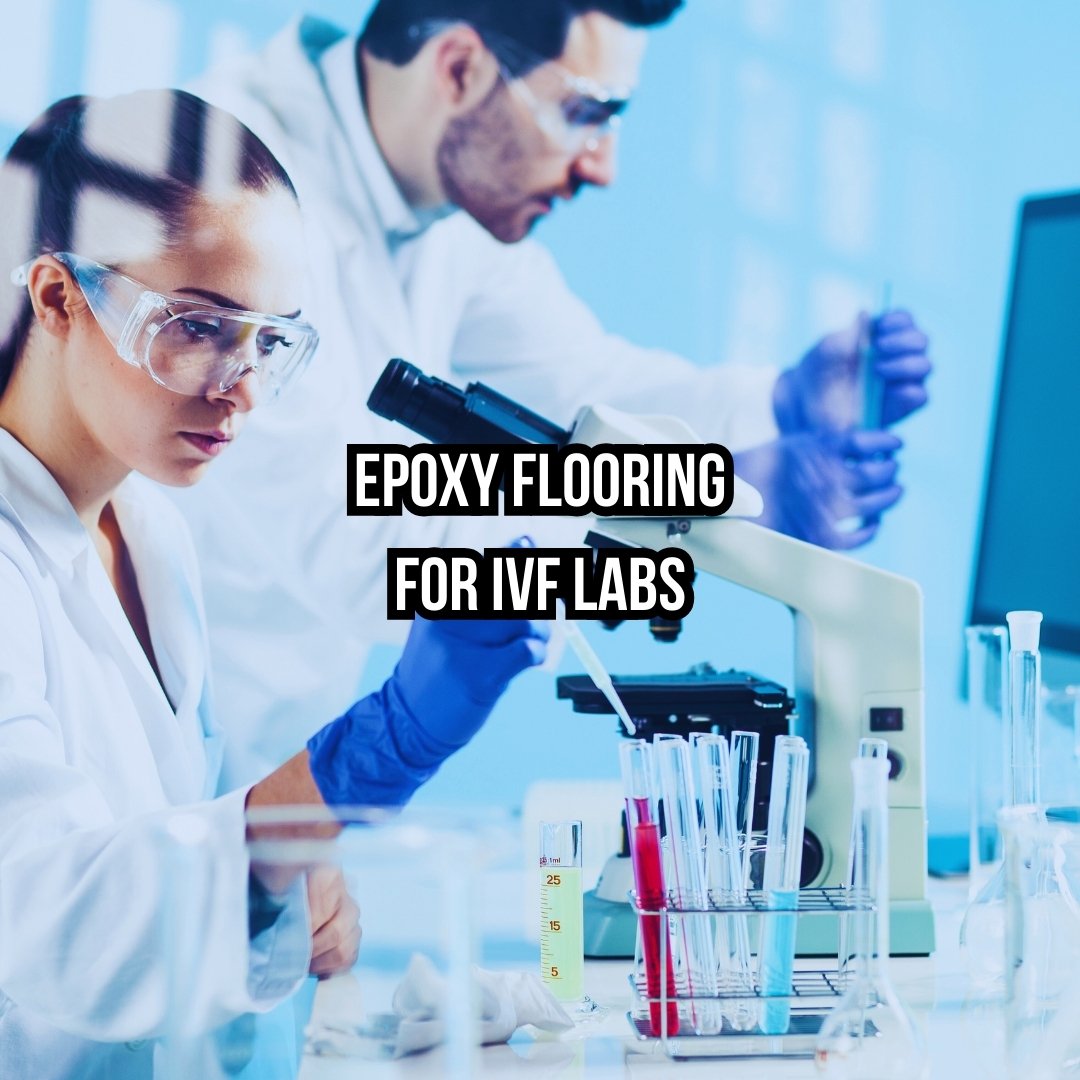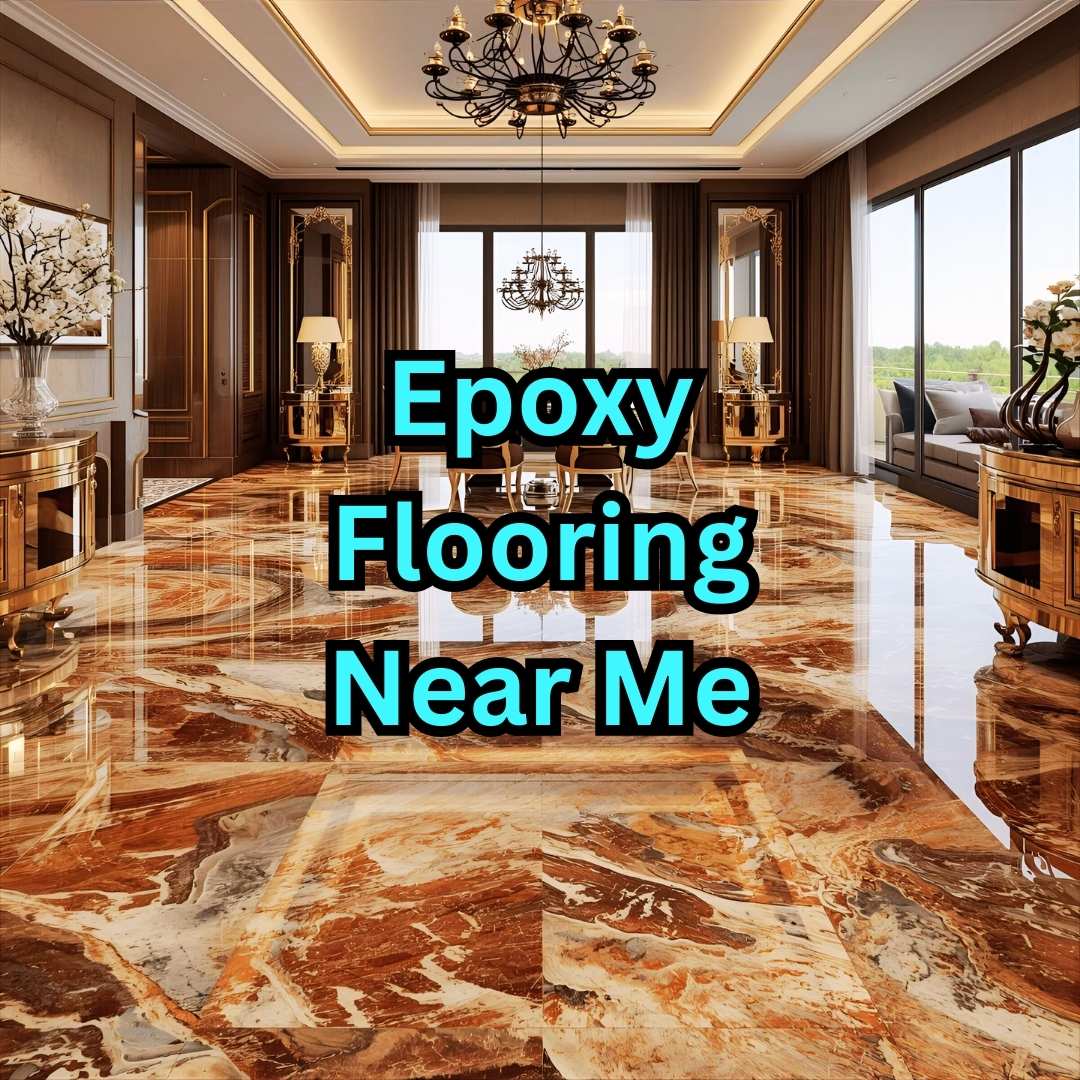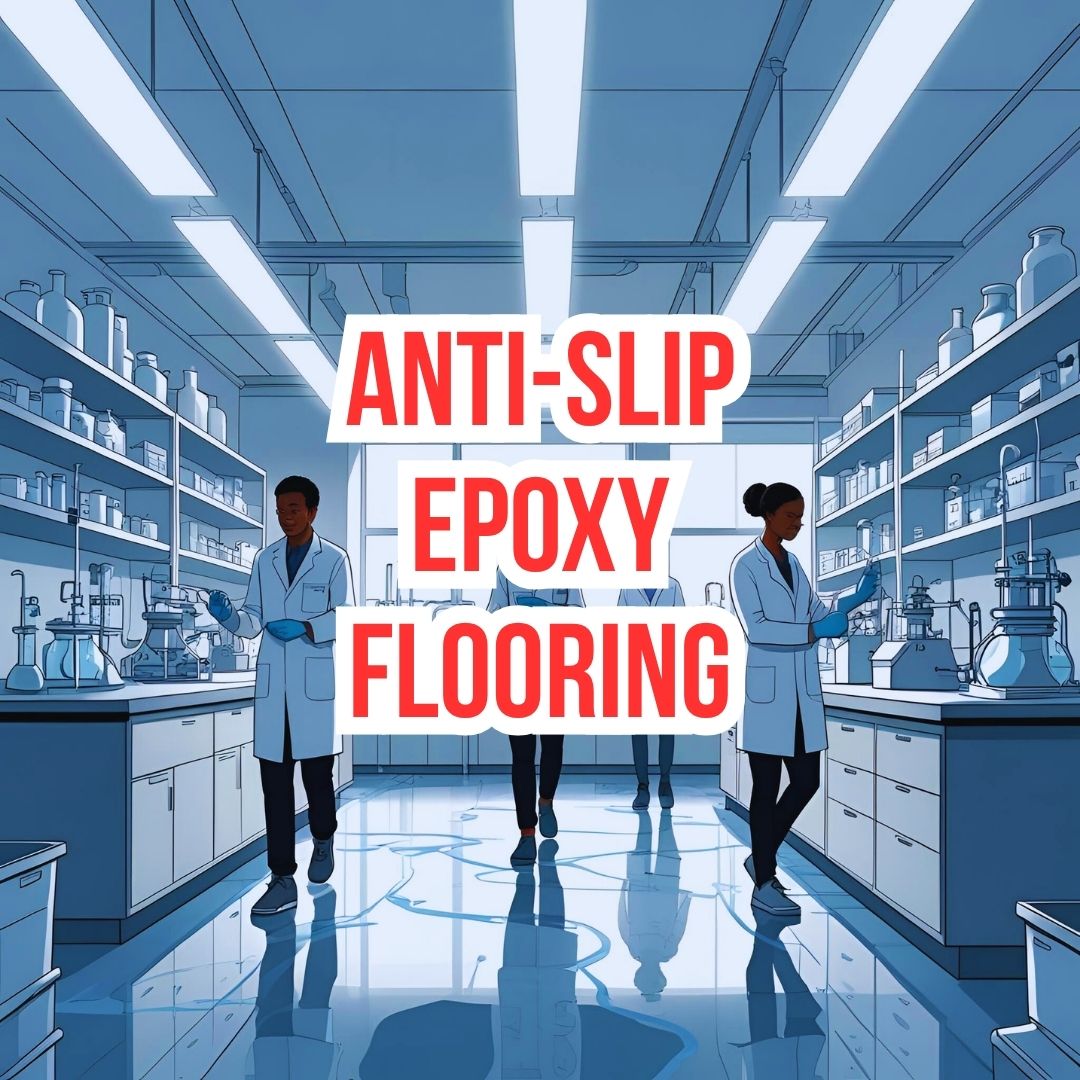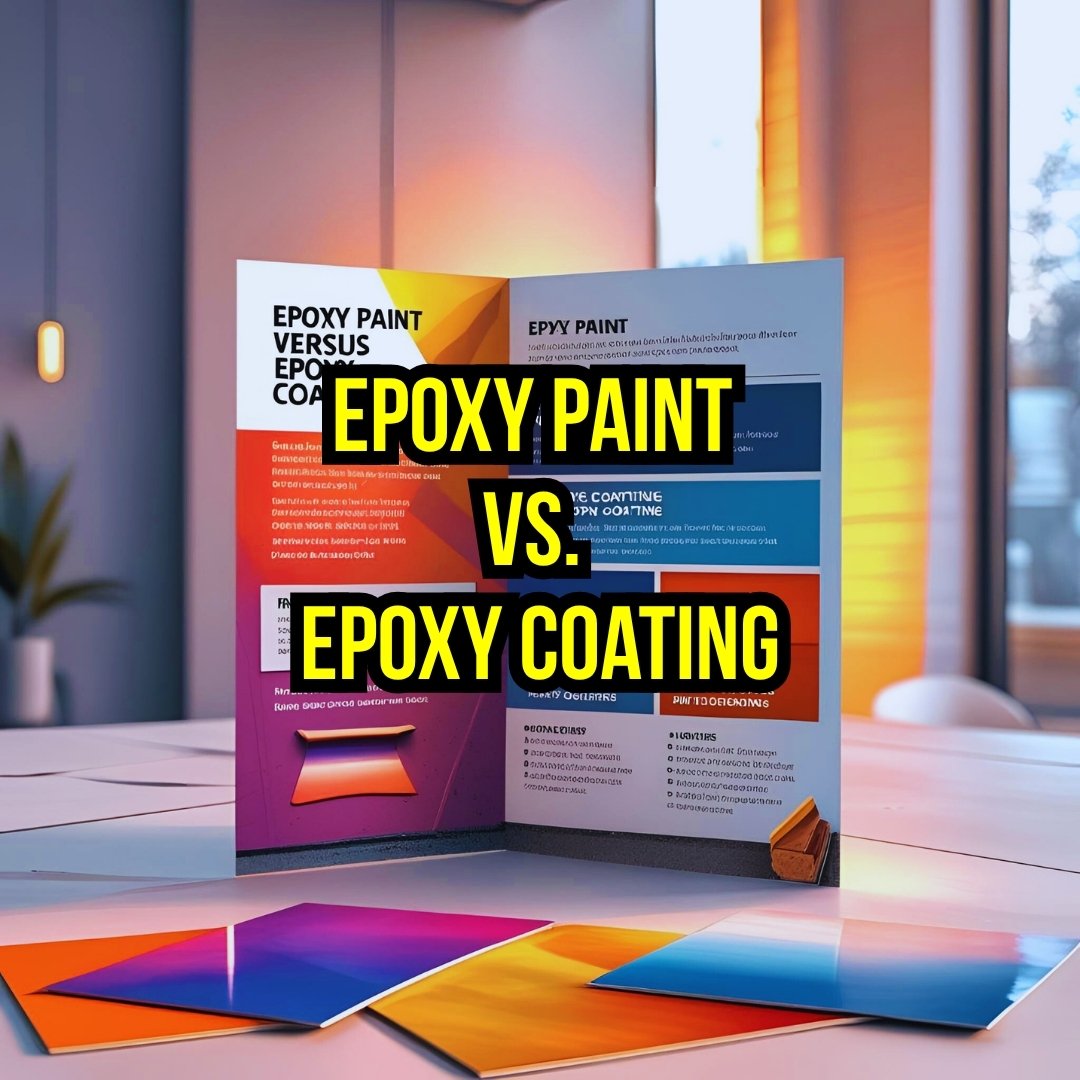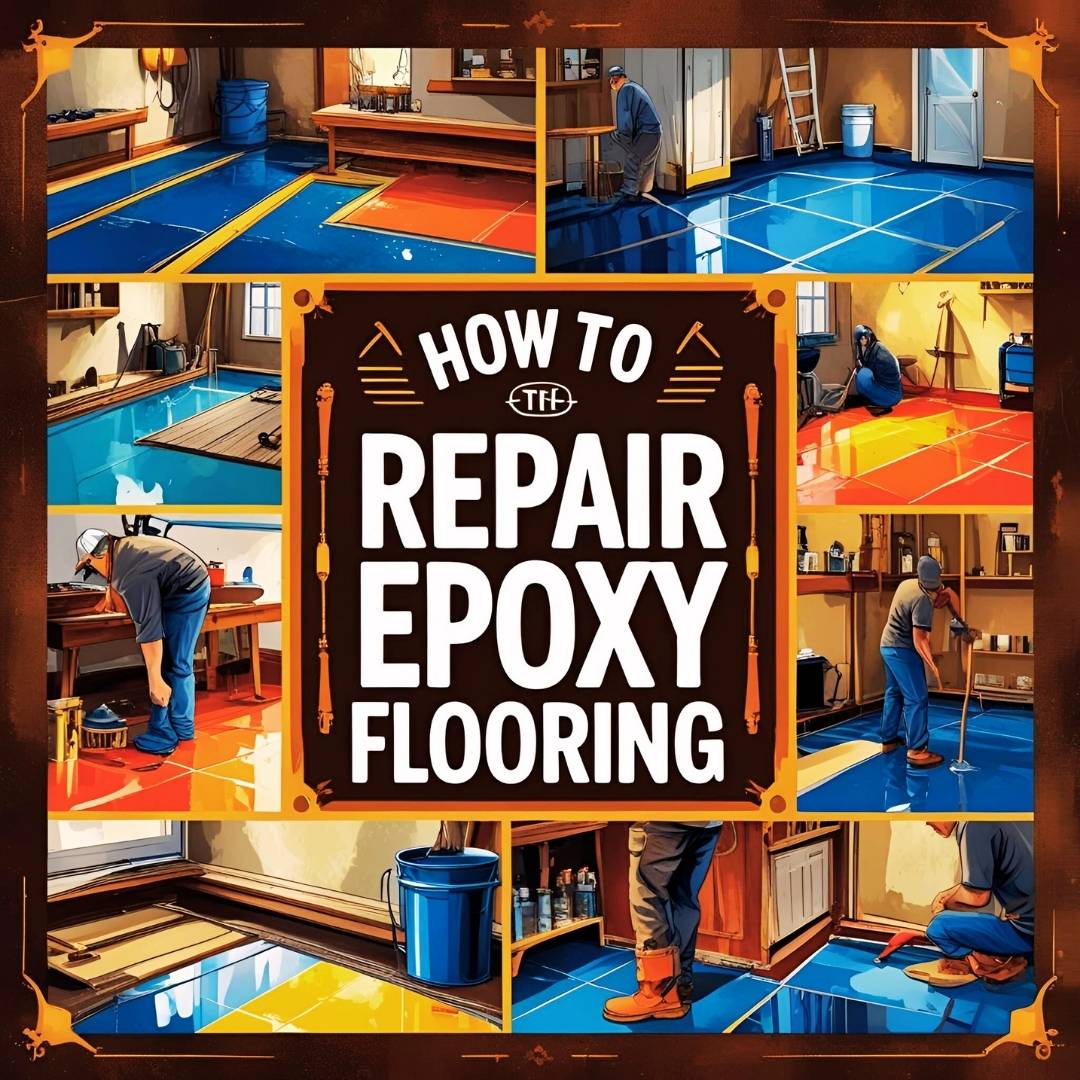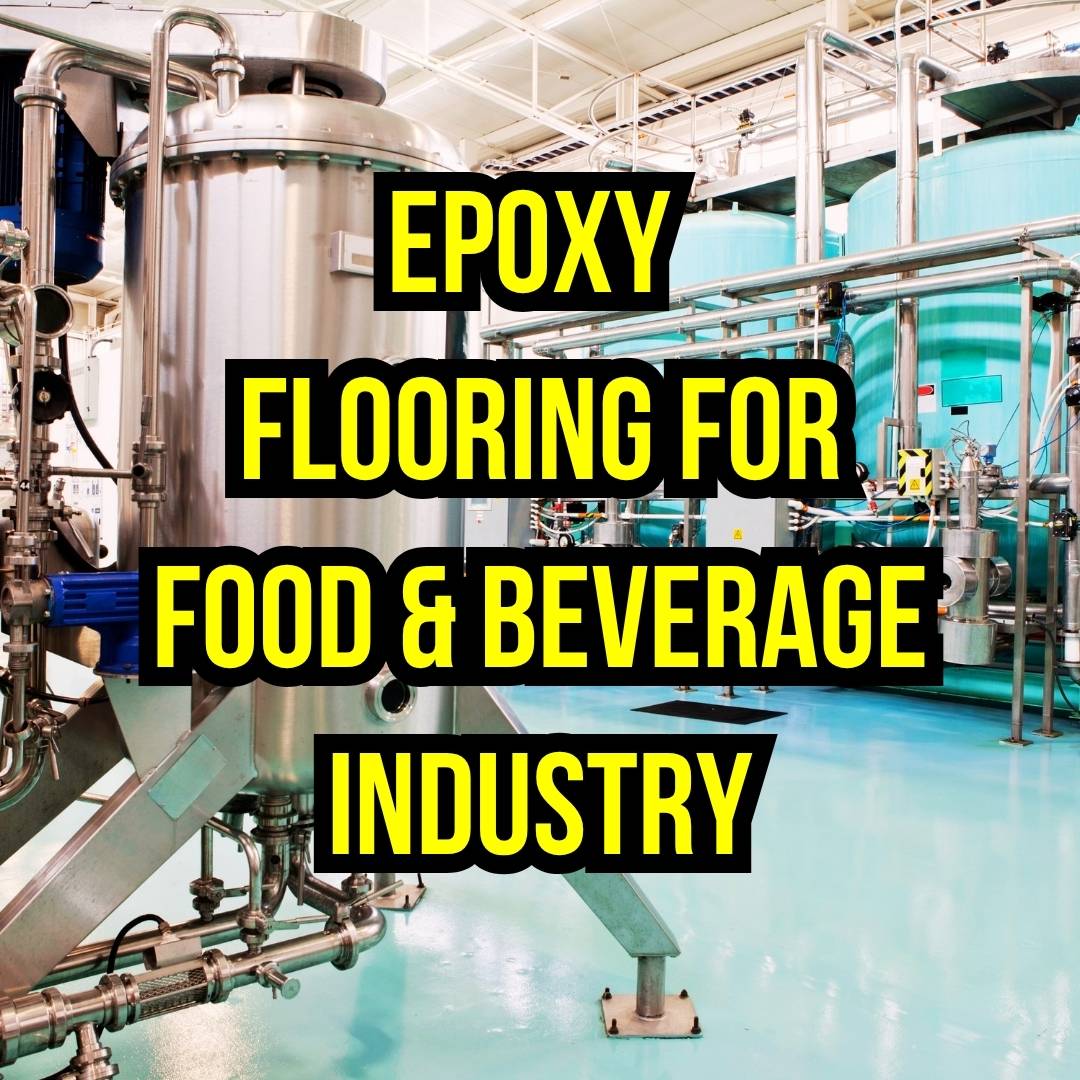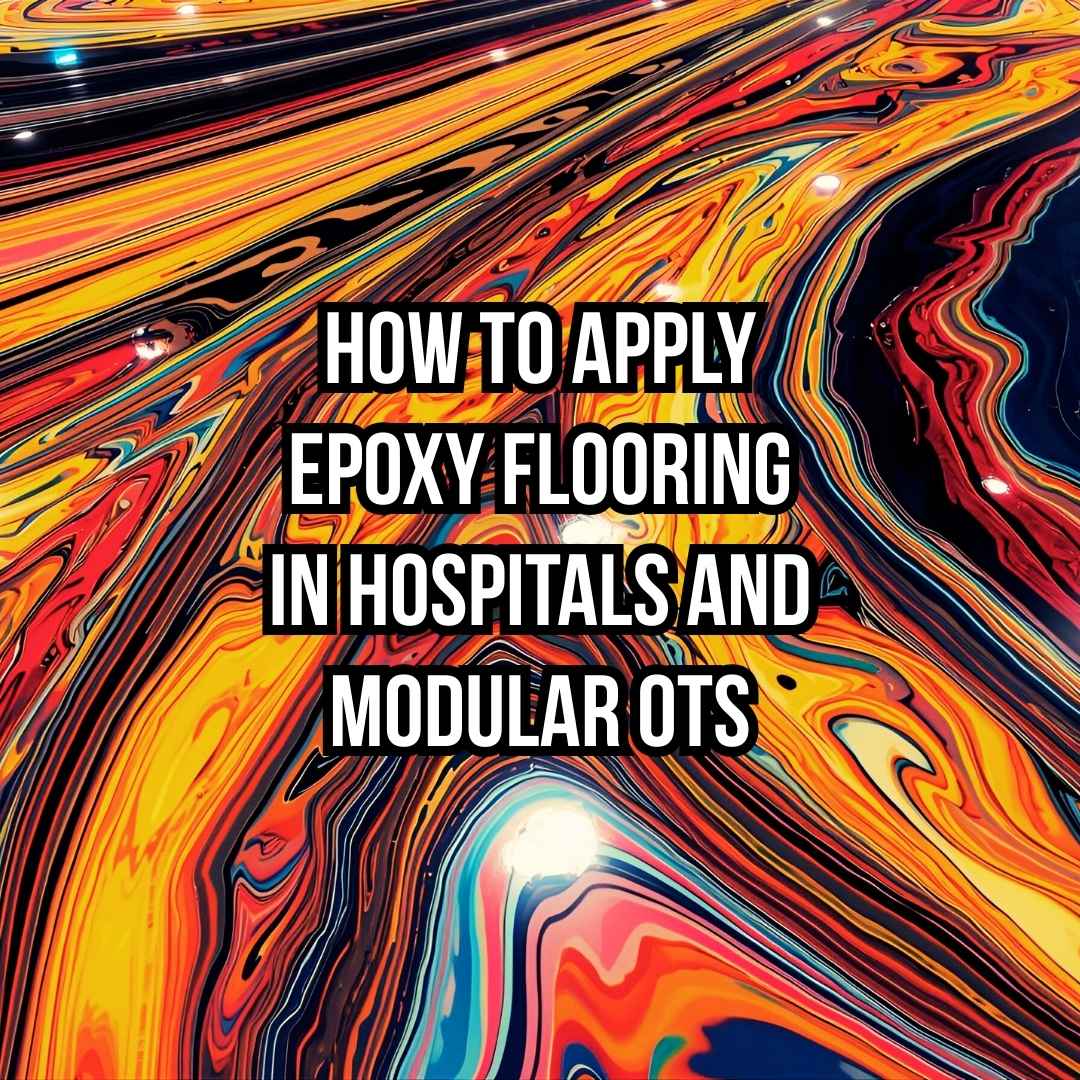
Choosing the right epoxy flooring material for your project in Ahmedabad can feel like navigating a maze. With so many options—each with unique properties, costs, and applications—it’s easy to get overwhelmed. Whether you’re a pharmaceutical plant manager in Vatva GIDC, a hospital consultant in Navrangpura, or a homeowner in Thaltej planning a home renovation, selecting the perfect epoxy flooring material is critical to ensuring durability, aesthetics, and functionality. Backed by AUM Industries, we bring years of experience in delivering tailored epoxy and vinyl flooring solutions across Ahmedabad’s diverse industries and homes. In this comprehensive guide, we’ll break down everything you need to know to make an informed decision, from understanding epoxy types to factoring in Ahmedabad’s unique climate.
What Is Epoxy Flooring?
Epoxy flooring is a seamless, durable coating made by mixing a resin and a hardener, which chemically bond to form a tough, glossy surface. Unlike traditional tiles or cement, epoxy creates a smooth, non-porous finish that’s resistant to chemicals, stains, and wear. It’s a go-to choice for industries like pharmaceuticals in Naroda GIDC, hospitals in Paldi, and even modern homes in Bopal. But not all epoxy floors are created equal—choosing the right material depends on your project’s specific needs.
Why Epoxy Flooring Stands Out
Epoxy flooring offers unmatched versatility, making it ideal for both industrial and residential projects. Here’s why it’s a top choice in Ahmedabad:
- Durability: Epoxy floors can last 10–20 years with proper maintenance, even in high-traffic areas like warehouses in Changodar.
- Chemical Resistance: Perfect for pharmaceutical cleanrooms in Kathwada or food processing units in Aslali, as it withstands spills of acids, solvents, and oils.
- Aesthetic Appeal: With customizable colors and finishes, epoxy suits modern homes in Satellite or corporate offices in CG Road.
- Low Maintenance: Easy to clean, reducing upkeep costs for hospitals in Sabarmati or educational labs in Naranpura.
- Cost-Effective: Priced at ₹150–₹300 per sq. ft. in Ahmedabad, it offers long-term value compared to tiles or vinyl.
For a deeper dive into what makes epoxy unique, check out our guide on epoxy and vinyl flooring.
Key Factors to Consider When Choosing Epoxy Flooring
Selecting the right epoxy flooring material involves evaluating your project’s specific requirements. Let’s explore the critical factors to guide your decision.
1. Project Type and Usage
The first step is understanding how your space will be used. Epoxy flooring materials vary in thickness, strength, and finish to suit different environments:
- Industrial Facilities: Warehouses in Sarkhej or chemical plants in Odhav need heavy-duty epoxy systems like self-leveling epoxy or epoxy mortar. These handle heavy machinery, forklifts, and chemical spills.
- Healthcare Settings: Hospitals in Ellis Bridge or IVF labs in Gurukul require antimicrobial epoxy coatings to meet NABH and WHO-GMP standards for hygiene.
- Residential Spaces: Homeowners in Vejalpur often prefer decorative epoxy with quartz or flake finishes for a stylish, durable floor in living rooms or garages.
- Commercial Spaces: Retail stores in Maninagar or offices in Ambawadi benefit from high-gloss epoxy for a professional, polished look.
Ask yourself: Will the floor face heavy foot traffic, chemical exposure, or aesthetic demands? This determines the epoxy type and thickness.
2. Types of Epoxy Flooring Materials
Epoxy flooring comes in several types, each suited for specific applications. Here’s a breakdown of the most common options:
- Self-Leveling Epoxy: This smooth, seamless coating is ideal for pharmaceutical cleanrooms in Vatva GIDC or hospitals in Shahibaug. It’s applied in a liquid form that levels itself, creating a glossy, easy-to-clean surface. Perfect for environments requiring hygiene and minimal joints.
- Epoxy Mortar: A thicker, stronger option for industrial floors in Narol or cold storage units in Aslali. It’s mixed with aggregates like sand or quartz for extra durability against heavy loads and impacts.
- Anti-Slip Epoxy: Infused with additives like silica or aluminum oxide, this is great for wet areas in food processing units in Rakhial or residential kitchens in Bopal. It enhances safety without compromising aesthetics.
- Decorative Epoxy: Incorporates colored flakes, metallic pigments, or quartz for a visually appealing finish. Popular in homes in Thaltej or showrooms in Navrangpura.
- Antistatic Epoxy: Designed for electronics facilities in Kathwada or R&D labs in Gota, this prevents static buildup, protecting sensitive equipment.
Each type has unique properties, so consult with experts like AUM Industries to match the material to your needs.
3. Environmental Conditions in Ahmedabad
Ahmedabad’s climate—hot summers, humid monsoons, and occasional dust—impacts flooring performance. Here’s how to factor it in:
- Humidity: High humidity in areas like Juhapura can affect epoxy curing. Opt for moisture-tolerant epoxy systems to prevent bubbling or peeling.
- Temperature: Warehouses in Changodar or outdoor areas in Vastral face extreme heat. Choose heat-resistant epoxy to avoid softening or cracking.
- Dust and Debris: Industrial zones like Naroda GIDC are prone to dust. A seamless, non-porous epoxy finish minimizes dust accumulation and simplifies cleaning.
Pro Tip: Always conduct a moisture test before installation, especially in monsoon-prone areas like Manek Chowk, to ensure proper adhesion.
4. Budget and Cost Considerations
Epoxy flooring costs in Ahmedabad typically range from ₹150–₹300 per sq. ft., depending on the material, thickness, and project complexity. Here’s what influences the price:
- Material Quality: High-performance epoxy for cleanrooms in Kathwada costs more than standard epoxy for homes in Paldi.
- Surface Preparation: Floors in older buildings in Kalupur may require extensive grinding or leveling, increasing costs.
- Customization: Decorative finishes for homes in Satellite or metallic epoxy for showrooms in CG Road add to the price.
- Project Size: Larger areas like warehouses in Sarkhej benefit from economies of scale, lowering the per-sq.-ft. cost.
For a detailed breakdown, reach out to us at Epoxy Vinyl Flooring for a tailored quote.
5. Compliance and Standards
For B2B projects, compliance with industry standards is non-negotiable. Here’s how epoxy flooring aligns with key regulations:
- Pharmaceutical Cleanrooms: Epoxy floors in Naroda GIDC must meet USFDA and WHO-GMP standards for contamination control.
- Hospitals and OTs: Antimicrobial epoxy in Shahibaug hospitals ensures compliance with NABH guidelines for infection control.
- Electronics Facilities: Antistatic epoxy in Kathwada aligns with ISO 14644 cleanroom standards.
- Food Processing Units: Epoxy in Aslali must be food-safe and resistant to organic acids, per BIS standards.
Always verify that your flooring provider, like AUM Industries, adheres to these standards.
6. Aesthetics and Customization
Epoxy flooring isn’t just functional—it can elevate your space’s look. In Ahmedabad, customization options are popular across sectors:
- Homes in Bopal: Choose metallic epoxy for a luxurious, marble-like finish in living rooms.
- Offices in Ambawadi: High-gloss epoxy in brand colors creates a professional vibe.
- Showrooms in Maninagar: Decorative flakes or 3D designs attract customers.
- Industrial Spaces in Odhav: Solid colors with clear markings improve safety and workflow.
Work with a provider who offers design flexibility to match your vision.
How Epoxy Flooring Is Done: A Step-by-Step Overview
Understanding the installation process helps you evaluate providers and ensure quality. Here’s how epoxy flooring is applied:
- Surface Preparation: The existing floor (concrete, tiles, etc.) is cleaned, ground, and leveled. In older buildings in Mirzapur, this may involve removing old coatings or repairing cracks.
- Priming: A primer coat ensures better adhesion, especially in humid areas like Juhapura.
- Base Coat Application: The epoxy resin and hardener are mixed and applied in layers, depending on the type (e.g., self-leveling for hospitals in Paldi).
- Additives or Topcoats: Anti-slip additives, decorative flakes, or UV-resistant topcoats are applied for specific needs.
- Curing: The floor cures for 24–72 hours, depending on the epoxy type and Ahmedabad’s weather conditions.
- Final Inspection: Ensures a seamless, durable finish, critical for cleanrooms in Vatva GIDC or homes in Thaltej.
For tips on post-installation care, read our guide on maintaining epoxy floors.
Epoxy Flooring vs. Tiles: Which Is Better?
Many clients in Ahmedabad, from homeowners in Vejalpur to warehouse managers in Sarkhej, debate between epoxy and tiles. Here’s a quick comparison:
- Durability: Epoxy lasts 10–20 years with minimal wear, while tiles in high-traffic areas like Changodar may crack or chip.
- Maintenance: Epoxy’s seamless surface is easier to clean than tile grout, which traps dirt in hospitals in Sabarmati.
- Cost: Epoxy (₹150–₹300 per sq. ft.) is often more cost-effective than premium tiles, especially for large spaces.
- Aesthetics: Epoxy offers customizable designs, while tiles are limited by patterns and grout lines.
- Installation Time: Epoxy takes 2–5 days, faster than tile laying in most cases.
For residential projects, vinyl flooring is another alternative. Learn more in our vinyl flooring guide.
FAQs About Epoxy Flooring in Ahmedabad
1. How long does epoxy flooring last?
With proper installation and maintenance, epoxy flooring lasts 10–20 years, even in high-traffic areas like warehouses in Narol or homes in Bopal.
2. How does Ahmedabad’s humidity affect epoxy flooring?
High humidity in areas like Juhapura can slow curing or cause bubbling if not addressed. Using moisture-tolerant epoxy and proper surface preparation mitigates this.
3. What is the cost of epoxy flooring in Ahmedabad?
Epoxy flooring costs ₹150–₹300 per sq. ft., depending on the material, thickness, and customization. Contact us at Epoxy Vinyl Flooring for a quote.
4. Is epoxy flooring suitable for hospitals?
Yes, antimicrobial epoxy is ideal for hospitals in Shahibaug, meeting NABH standards for hygiene and infection control.
5. Can epoxy flooring be used in homes?
Absolutely! Decorative epoxy is popular in Thaltej homes for its durability and stylish finishes, like metallic or flake designs.
6. How does epoxy flooring compare to vinyl?
Epoxy is more durable and chemical-resistant, ideal for industrial use in Kathwada. Vinyl is cost-effective and waterproof, great for homes in Vejalpur. See our vinyl vs. epoxy comparison.
7. Is epoxy flooring safe for food processing units?
Yes, food-safe epoxy coatings in Aslali meet BIS standards, resisting organic acids and ensuring hygiene.
8. How do I maintain epoxy floors?
Regular sweeping and mopping with mild cleaners keep epoxy floors pristine. Check our maintenance guide for details.
Why Choose Epoxy Vinyl Flooring for Your Project?
Backed by AUM Industries, Epoxy Vinyl Flooring brings technical expertise and end-to-end solutions to Ahmedabad’s industries and homes. From pharmaceutical cleanrooms in Naroda GIDC to modern flats in Satellite, we deliver durable, compliant, and visually appealing epoxy floors tailored to your needs. Our team ensures seamless installation, adherence to standards like NABH and ISO, and long-term support.
Ready to transform your space? Contact us today for a free consultation or quote. Reach out via WhatsApp at +91-9274313580 or email amit@aumindustriesmfg.com. Visit epoxyvinylflooring.com to explore our services and start your project!

